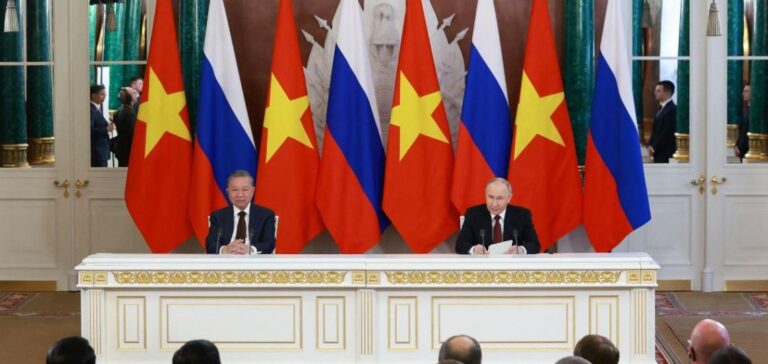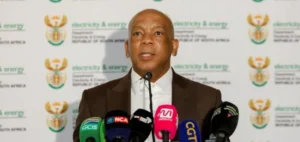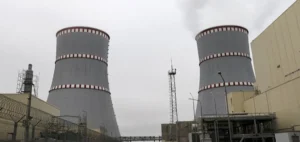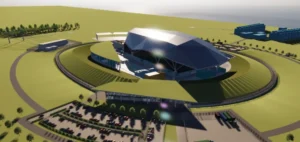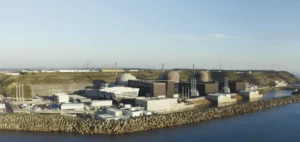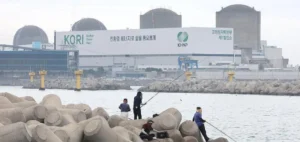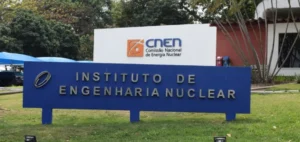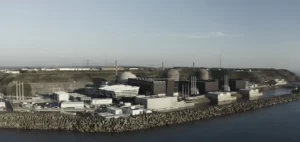The Russian Federation and the Socialist Republic of Vietnam have agreed to accelerate negotiations to finalise intergovernmental agreements on the construction of nuclear power plants in Vietnam. The decision is part of a series of bilateral accords confirmed during talks between Russian President Vladimir Putin and the General Secretary of the Communist Party of Vietnam, To Lam.
A roadmap for the nuclear decade
A strategic document entitled “Interdepartmental Roadmap for Nuclear Technology Development to 2030” was signed by the Director General of the state-owned Rosatom, Alexey Likhachev, and Vietnam’s Minister of Science and Technology, Nguyen Manh Hung. The roadmap includes the creation of a nuclear science centre equipped with a new research reactor, as well as fuel supply for the existing Dalat reactor.
Additionally, it outlines the training of Vietnamese engineers at specialised Russian institutions and Vietnam’s participation in the international research centre for the MBIR reactor, currently under construction in Dimitrovgrad, in the Ulyanovsk region. This sodium-cooled fast reactor is designed for advanced studies on fuel cycles and nuclear materials.
Restarting a civil nuclear programme
Rosatom is offering Vietnam its VVER-1200 model, a third-generation pressurised water reactor already in use in several countries. Technical and financial discussions have commenced. Likhachev confirmed that a site has been identified in Dong Nai province, in the south of the country, for the installation of the new research reactor.
This initiative marks a tangible restart of Vietnam’s nuclear programme. An earlier project, approved in 2009 for Ninh Thuan province, was suspended in 2016 due to economic conditions. The programme’s revival was approved last November by the National Assembly, following instructions from Prime Minister Pham Minh Chinh, who tasked two state-owned groups with completing two nuclear plants by 2030.
Local training and technology transfer
In a joint statement following the talks, both governments highlighted the importance of nuclear safety, compliance with international standards, and the role of nuclear energy in socio-economic development. The agreement also includes the training of Vietnamese students at Russian universities.
The Russian president stated that this civil nuclear cooperation aims to ensure reliable energy supply for Vietnam. He also referred to the project’s potential to boost the national economy through job creation and industrial growth. To Lam mentioned Vietnam’s intent to make substantial progress in nuclear technology, biotechnology and the semiconductor sector, through joint research projects.


